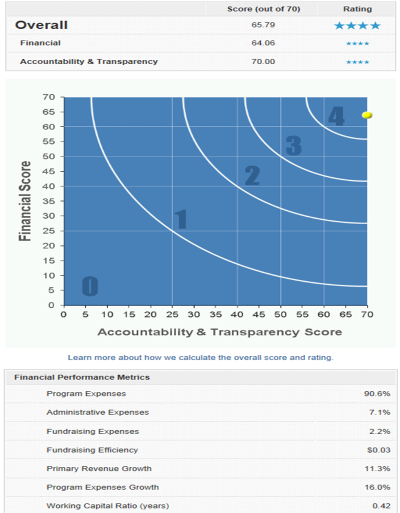Midpack
Give me a museum and I'll fill it. (Picasso) Give me a forum ...
Could very well be. Our MegaCorp's interpretation was that some dialog/2-way interaction was required in the spirit of the (frustrating admittedly vague) regs since employees were self-managing a "portfolio." We held annual meetings and documented attendance as proof of our compliance, part CYA, part genuine interest in the employees. We also sent out lots of quarterly info.You do not have to have meetings to meet the requirement..... just send out the paperwork provided by the 401(k) company....
I was at a mega company for 15 years and never once did I have a meeting about 401(k)s....
But it was clear many employees could not understand even a basic one page mutual fund summary. I distinctly remember a 55+ employee standing in the breakroom telling everyone he had put his entire 401k in Templeton Foreign so he could retire sooner. I remember another employee in a control room telling everyone he had converted all his funds to cash in late Fall 2009, and buy in again after missing most of the run up that followed. I know 'management sucks/doesn't understand' - but it broke our hearts to watch employees do these things to themselves.
It all comes down to spirit of the regs.
But fair enough, I won't dispute that we might have not been required to hold actual meetings with employees...
Last edited:

